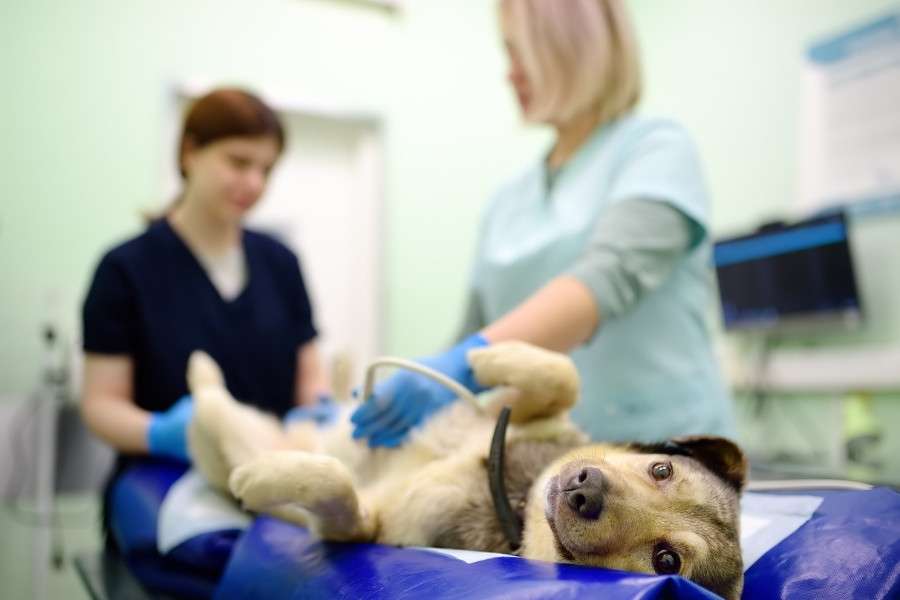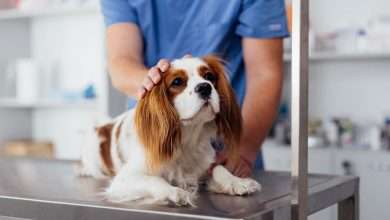The Role Of Animal Hospitals In Early Disease Detection

Animal hospitals play a crucial role in detecting diseases early. You might overlook minor changes in your pet, but trained eyes can spot them. This is where a veterinarian in Oakville becomes invaluable. Regular check-ups help catch issues before they become severe. Early detection often means simpler treatments. This approach saves you money and stress. It also leads to quicker recovery for your pet. The tools and tests available at animal hospitals are tailored to uncover hidden problems. Blood tests, X-rays, and ultrasounds are a few examples. Skilled veterinarians know what to look for. They combine this knowledge with compassion to care for your pet. They are your first line of defense in maintaining your pet’s health. By visiting animal hospitals regularly, you prioritize prevention. This simple step ensures a healthier, happier life for your furry friend. Stay proactive in your pet’s care. It’s a choice that benefits everyone involved.
Why Early Detection Matters
Early disease detection in pets is similar to catching a small leak before it floods your home. It prevents minor issues from escalating into serious health problems. When you detect issues early, treatments are often simpler and less costly. This approach reduces stress for both you and your pet. Early detection allows for quicker interventions, which can significantly improve outcomes. Regular veterinary visits also help build a comprehensive health history for your pet. This history aids in recognizing changes over time. It is a proactive way to ensure a longer, healthier life for your pet.
Common Diseases Detected Early
Several common diseases can be detected early with routine veterinary care:
- Dental Disease: Early signs like bad breath or tartar buildup can indicate dental problems.
- Obesity: Regular weight checks help manage your pet’s weight and prevent related health issues.
- Arthritis: Early intervention can slow progression and improve mobility.
- Diabetes: Symptoms such as increased thirst and urination can be monitored.
By regularly visiting your veterinarian, you can stay ahead of these diseases. You can also improve the quality of life for your pet.
Tools Used in Animal Hospitals
Animal hospitals are equipped with various tools to help in early detection:
| Tool | Purpose |
|---|---|
| Blood Tests | Identify infections, anemia, and organ issues. |
| X-rays | Detect fractures, tumors, and foreign objects. |
| Ultrasound | Examine internal organs and detect abnormalities. |
| Urinalysis | Detect urinary tract infections and kidney disease. |
These tools allow veterinarians to diagnose and monitor conditions effectively. They provide a clearer picture of your pet’s health.
Partnering with Your Veterinarian
Building a partnership with your veterinarian is key to effective early disease detection. They offer guidance on what signs to watch for at home. They also provide dietary and lifestyle recommendations to keep your pet healthy. This partnership creates a support system for you and your pet. Trust between you and your veterinarian enhances communication. This leads to better health outcomes.
The Importance of Vaccinations
Vaccinations are a critical part of early disease prevention. They protect against serious diseases such as rabies and parvovirus. Keeping vaccinations up to date is essential. Discuss your pet’s vaccination schedule with your veterinarian. Staying current reduces the risk of outbreaks. It also keeps your pet safe from preventable illnesses. For more information on pet vaccinations, visit the CDC’s pet safety page.
Regular Check-ups: A Routine Worth Keeping
Routine visits to your veterinarian are as important as routine maintenance on your car. They keep your pet healthy and prevent problems. These visits are an opportunity to address any concerns. They are a time to ask questions and seek advice. Regular check-ups ensure ongoing, comprehensive care for your pet. This leads to a safer, happier life for your furry companion. By implementing these practices, you actively support your pet’s well-being.
Conclusion: Taking Action Today
Animal hospitals serve as a powerful ally in the health of your pet. They offer expertise and tools for early disease detection. By staying proactive, you can prevent serious health issues. Regular check-ups, vaccinations, and a strong partnership with your veterinarian make a difference. Take action today to ensure your pet’s health. Your furry friend deserves a long, happy, and healthy life. For more insights, consider exploring resources from the American Veterinary Medical Association. Your efforts today pave the way for a brighter tomorrow for your pet.


